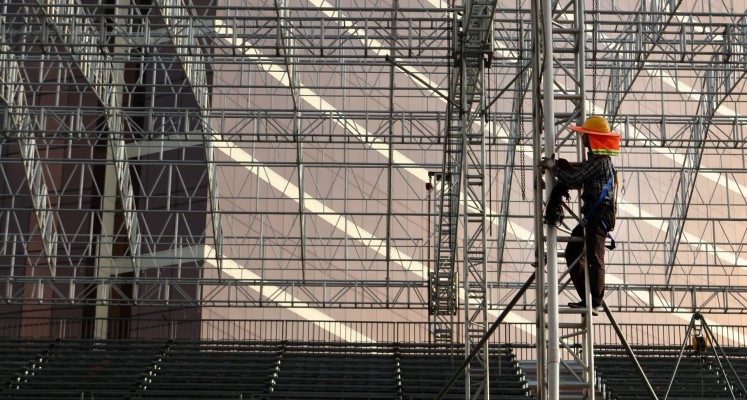How to Check Builders Insurance

Checking a builder has insurance is one of the things a customer should do before hiring them to carry out work. For some customers wondering how to check what insurance a builder has in place the first thing to do is ask them. Consumer website NimbleFins’ builder insurance page has a list of insurance policies they may need. The most important policies customers should be looking out for are public and product liability and professional indemnity. These will protect a customer if things go wrong, including damaged belongings or a neighbouring property comes to harm.
When checking if a builder has insurance, the customer should then ask to see proof of their policy. This should usually come in the form of their policy document.
How can I check if my builder has insurance
To check a builder has insurance, ask to see a copy of their policy. They may email this or could bring their original, which can be copied. Suppose a builder does not want to provide a copy of their certificate. In that case, the broker or insurer can provide a “letter of confirmation of cover” can be provided by the broker or insurer. When asking to see a builder’s insurance certificate or letter of confirmation, there are a few things to check.
Dates: It’s important to make sure the policy is still valid when the work is going to be carried out. Often builders give quotes for work they are unable to carry out until months down the line due to their busy schedules. Ask if the builder will be renewing their policy and make a note of the date to check the new cover is in a place closer to the time.
Details: Make sure the builder’s name of their business name is listed on the policy, and the business description matches the work they are being contracted to do. Also, check the amount they are insured for.
Insurance provider: To make sure the policy is legitimate, call the insurance provider and check it is in place. Also, let the provider know the work to be carried out as the insurer can confirm whether the builder is insured for that or not.
It’s also worth taking a copy of the policy. If a builder does not want to provide a copy of the certificate, request a letter from their insurer or broker. If it has been emailed, don’t delete it even after the work has been carried out. Some people take a photo of it on their phones, while some prefer to photocopy and print a hard copy.
What to look for in your builder’s insurance
There are three main types of insurance policies a customer should look for when hiring a builder: public liability, product liability and professional indemnity.
Public liability insurance is the most popular type of insurance for builders as it protects the customer from injury and their belongings from damage. It also safeguards any other member of the public, which could be a neighbour or simply someone passing by who happens to be in the wrong place at the wrong time.
If something a builder did has led to a person being injured or their property damaged, they could sue for compensation. This insurance funds the cost of the damages plus any legal fees.
Say, for example, a builder was working on scaffolding at the front of a house and accidentally dropped a bucket of cement onto their customer’s car smashing the windscreen and denting the metalwork. Public liability insurance would fund the repairs of that incident. This policy also provides peace of mind if a neighbour’s property could be in jeopardy. For example, a renovation on a semi-detached home could easily cause an incident with a neighbour’s house. Without public liability insurance, the customer could be held liable to pay for the damage.
The amount of public liability insurance a builder needs will vary with the size of the business and the nature of their work. A small business generally takes out £2 million in public liability insurance, according to DIY Doctor.
Product liability insurance is similar to public liability but relates to products the builder has provided. If an item used leads to a client becoming injured or having property damaged, this insurance funds the compensation and associated legal costs. It could be that the builder has supplied their own fixtures and fittings and one of them is faulty, for example.
Professional indemnity insurance may not feel essential for every customer. Still, it can be important for builders working on larger projects who give advice or where professional negligence could lead to a mistake that would be costly to put right.
It is worth noting that if a homeowner is instructing an architect to work for them, professional indemnity insurance is essential if they are affiliated with the industry’s regulators, the Architects Registration Board. This is also the case with surveyors affiliated with the Royal Institute of Chartered Surveyors.